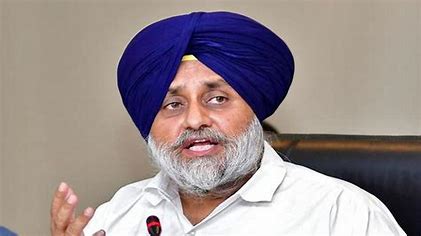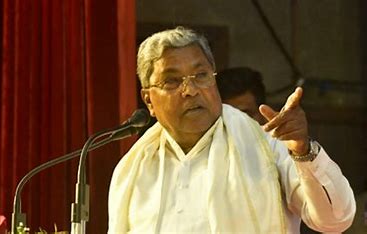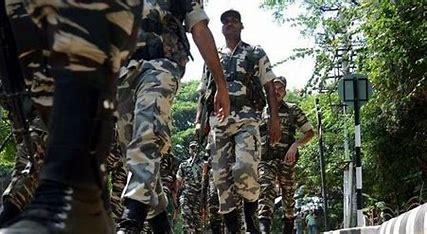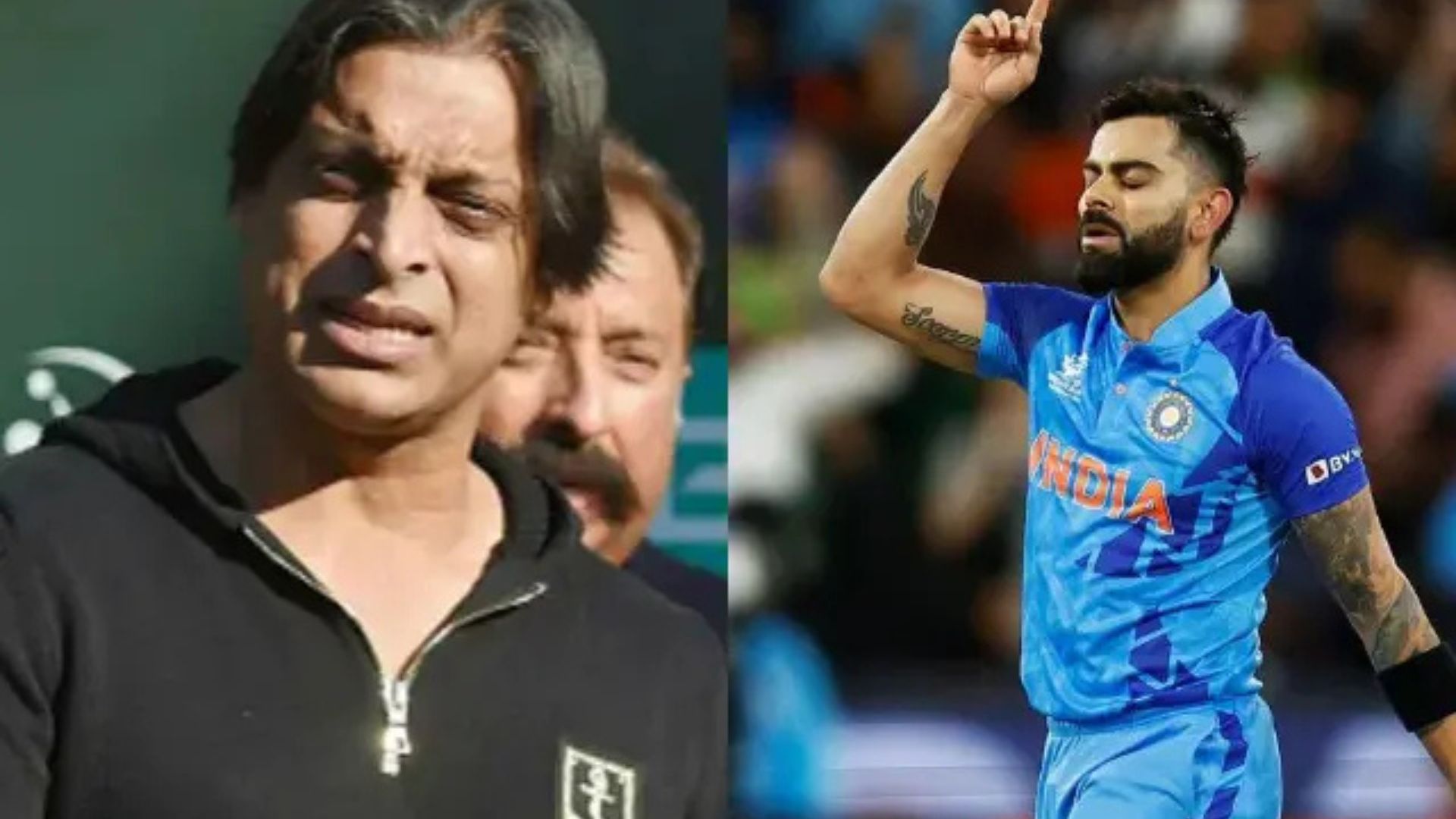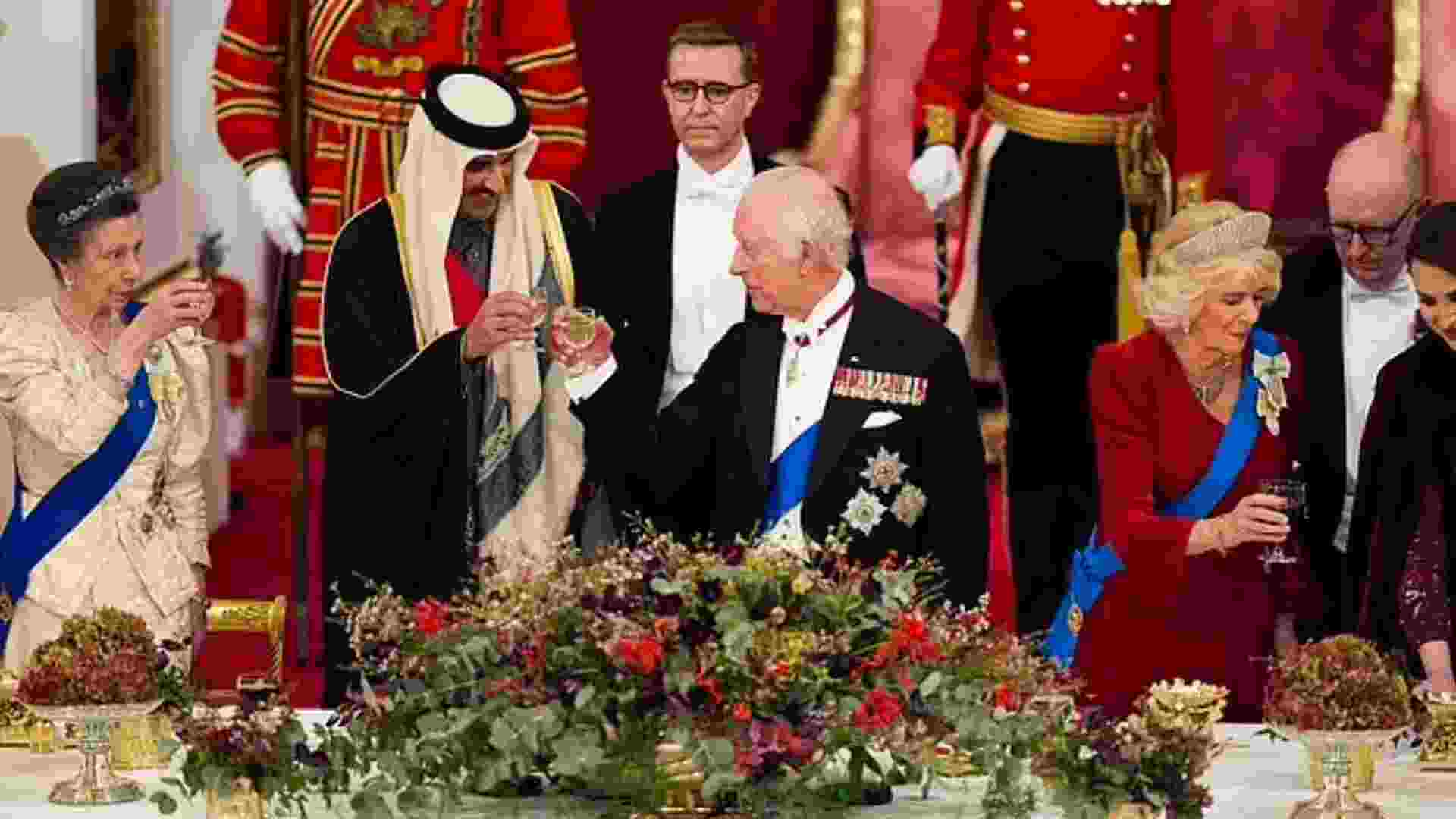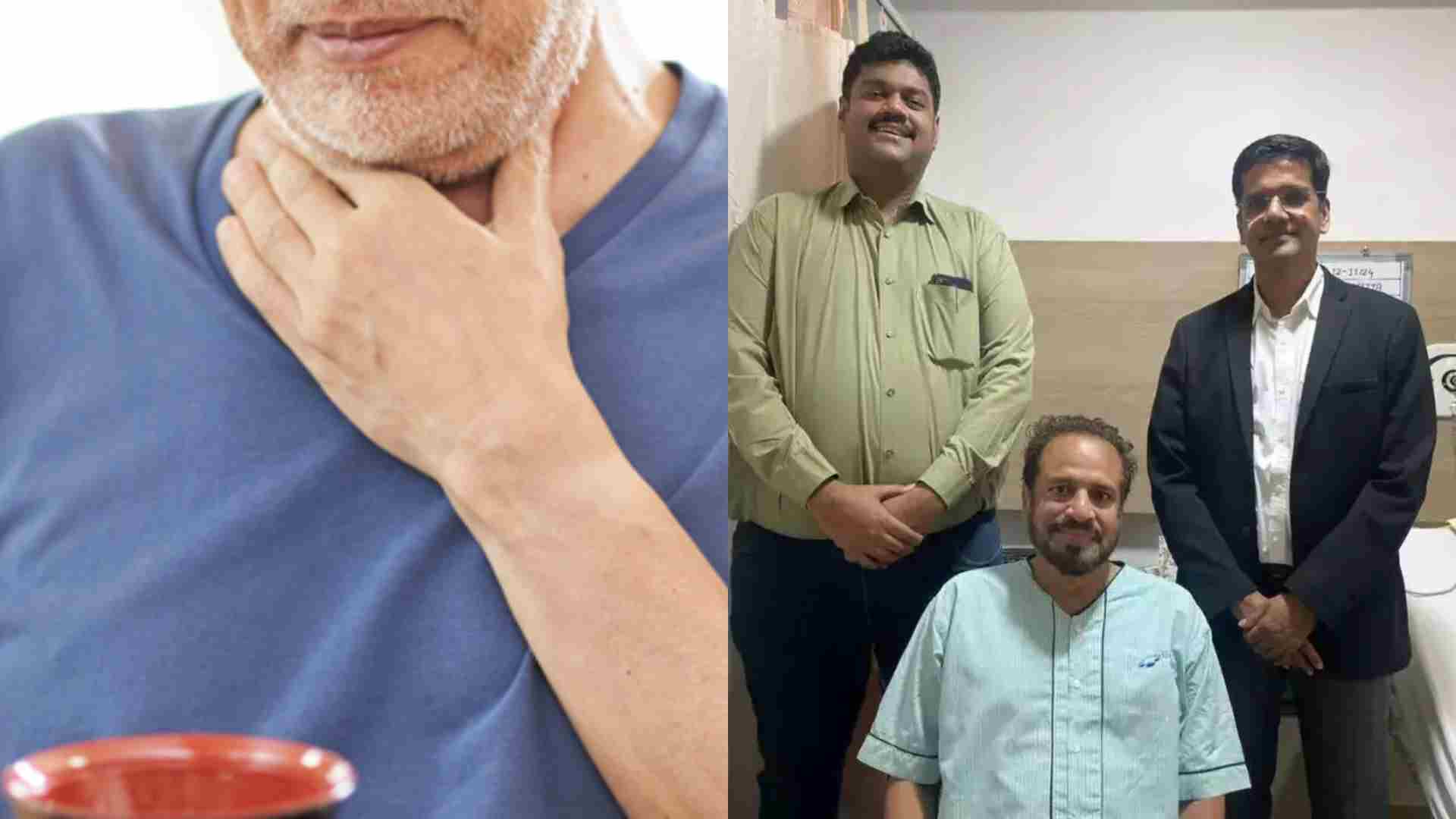
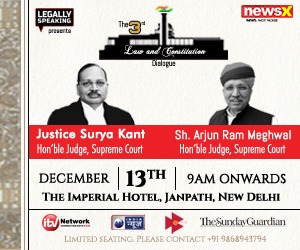

The Punjab and Haryana High Court has ruled that discrepancies between an eyewitness’s testimony in court and their earlier statement given to the police in a criminal case can be accepted as truthful if it is proven that the investigating officer recorded a false statement.
A Bench comprising Justice Sureshwar Thakur and Justice Sudeepti Sharma clarified that if an investigating officer’s earlier recorded statement is found to be incorrect or misleading, the court must accept the eyewitness’s revised testimony. This ruling highlights that when an eyewitness retracts their prior statement, the court must evaluate whether the retraction is credible, especially if it undermines the police’s account.
In its detailed judgment, the Bench emphasized that the court must consider the impact of such a retraction, particularly when the prosecution’s case relies on the eyewitness’s account. If the court, during cross-examination by the public prosecutor, determines that the investigating officer fabricated the original statement, the eyewitness’s retraction would be deemed credible and valid.
The ruling also affects recoveries made based on the accused’s alleged disclosure statement. The Bench stated that even if recoveries are proven, they could lose their evidentiary value if the court is convinced of the eyewitness’s credibility in retracting their statement.However, the court stressed that this principle is not absolute and must be applied with caution, depending on the specific facts and evidence in each case. A thorough comparative analysis of the evidence is crucial before reaching any conclusion.
The court further pointed out that the reliability of medical evidence plays a critical role in assessing the weight of disclosure statements and recoveries. If the prosecution’s evidence fails to link recoveries to medical findings, the strength of those statements may diminish.
Finally, the Bench reiterated that it is the prosecution’s responsibility to not only prove the charges but also to present a consistent and incriminating chain of evidence to uphold the charges against the accused.

